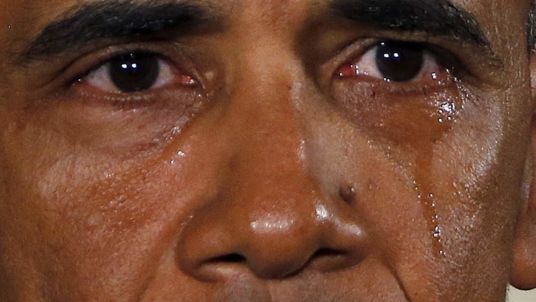The Childish Left
To me, a Roman Catholic Right winger, the actions and hypocrisy of the Left would be amusing, were it not so damaging to themselves, to the Country they CHOOSE to call “home,” and to the Freedoms we cherish.
I have great respect for the freedoms this county grants us, while at the same time am embarrassed by the levels of hypocrisy evidenced by the Left, and modeled for the world to see by the National Democratic Party, who in my opinion betray their pledged -allegiance to America by their childish pranks, such as avoiding there Elected duty, to vote for or against the New Presidents candidates.
I’m 72 years old, and don’t ever recall the Republican Party acting is such a manner. But admit, that I could be wrong on this point?
Because the Left are not now getting “their way” and advancing a further subversion of morality; in an attempt to make America into an amoral country, to reflect their personal beliefs, which is a sadly accurate reflection of today’s Democratic Party, where childish actions seem to be their only response.
Boycotting the Inauguration events, boycotting their elected DUTY to vote; constant complaining, revolts, accusations that border on the insane; such as claiming that “their religious rights” are being taken from them. I actually read this from one of them. That same person claimed to be “embarrassed” by the moral absolutes of the Right. “Who do they think they are?” Implying our Left-wing rights are valid, while yours are not; with no regard, no respect, and I expect very little knowledge of our actual American History.
America was founded with Freedom OF religion; NOT freedom FROM religion. The Left smiles that they were able to impose immorality, same sex “marriage”, Transgender bathrooms, and of course abortion “rights.” The Left act like juvenile-delinquents now that they have lost control of our Government’s highest Offices. Grow up already!
The Fifth Commandment is “Thou Shalt not kill.” That friend is God’s Law, which supersedes any human contravention of it. Freedom OF Religion, never was Freedom FROM religion.
The Lunacy, the frenzy, the hysteria of the Secular Press is incomprehensible, and fuels the flames of grossly-irrational behaviors to come. The lack of common sense, logic, and charity are profound. What happened to “IN GOD WE TRUST?”
The Left lost, because they LOST touch with America, and American values; values that had made this nation truly great; with what our Founders foresaw, Constituted and that many died for.
Few things better amplify my sediments than the “public” [meaning the Left’s] outcry on President Trumps immigration ban. All he is trying to do is PROCTECT the Country he has sworn to protect; and yet rather than offering suggestions on how to make it more effective, perhaps even more fair; they expend all of their energies in vial idiocrasy, that serves not a single good or valid purpose, except to make themselves feel good. It is truly sad that the Left is some small manner reflects what once Great America has been turned into.
Today’s National Democratic Party, a Party I proudly belonged to for a great many years is now reflecting priorities, values, and practices that are abhorrent, gravely immoral, largely amoral, and so ineffective that they reduce themselves to childish actions and responses. That is truly embarrassing. WAKE UP AMERICA!
God Bless America, the land that We Love!
Patrick J. Miron
01/31/2017


